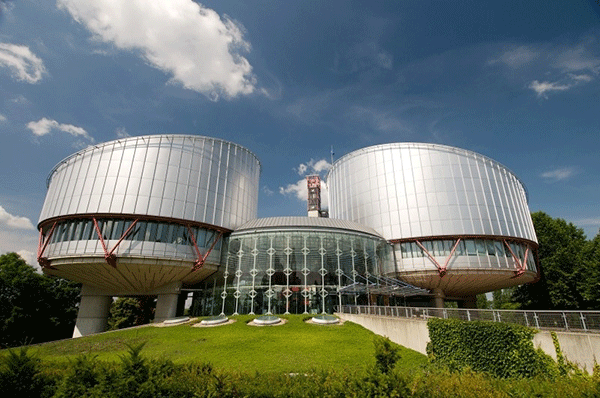The case concerns four Jehovah’s Witnesses who were convicted for refusing to perform either military or alternative civilian service.
The applicants, Artur Adyan, Garegin Avetisyan, Harutyun Khachatryan and Vahagn Margaryan, are Armenian nationals. Mr Adyan was born in 1991; the other three applicants were all born in 1993.
They live in Yerevan, Tsaghkavan and Kapan (all in Armenia).
In May and June 2011 the applicants were called up for military service. Addressing letters to the local authorities, they refused to appear either for military or alternative service. They stated that their opposition was based on their religious beliefs. Furthermore, even though domestic law did provide for alternative service, they claimed that it was not of a genuinely civilian nature, as it was supervised by the military authorities. They submitted the same arguments in the ensuing proceedings brought against them for draft evasion. They were however all convicted in July/November 2011 and sentenced to two years and six months in prison. They appealed, further arguing that the alternative labour service programme was essentially under military control and supervision in as far as it concerned transfers, sanctions and orders. They also pointed out that they were required to wear a uniform which resembled that of the military and to be at their place of assignment 24 hours a day. Moreover, alternative service was punitive in nature as it lasted 42 months (rather than the 24 months for military service). The Court of Appeal subsequently upheld the applicants’ convictions: it found that, although the labour service available contained a few formal elements of military supervision – such as provision of clothing, food and financial means as well as other organisational work – it was still civilian in nature. The applicants’ further appeals on points of law were ultimately – between February and May 2012 – declared inadmissible for lack of merit.
The applicants were released from prison in October 2013 following a general amnesty, after having served between 26 and 27 months of their sentences. Three out of the four applicants spent periods in pre-trial detention which formed part of their convictions.
Relying on Article 9 (freedom of thought, conscience, and religion), the applicants allege in particular that it had not been necessary to prosecute and imprison them, especially in view of the fact that the law on alternative service was amended in 2013 to remove all military control and supervision and to place the programme under purely civilian administration. Further relying on Article 5 § 1 (right to liberty and security), three of the four applicants allege that the decisions to detain them – pending the criminal proceedings against them – were not sufficiently justified.



















































